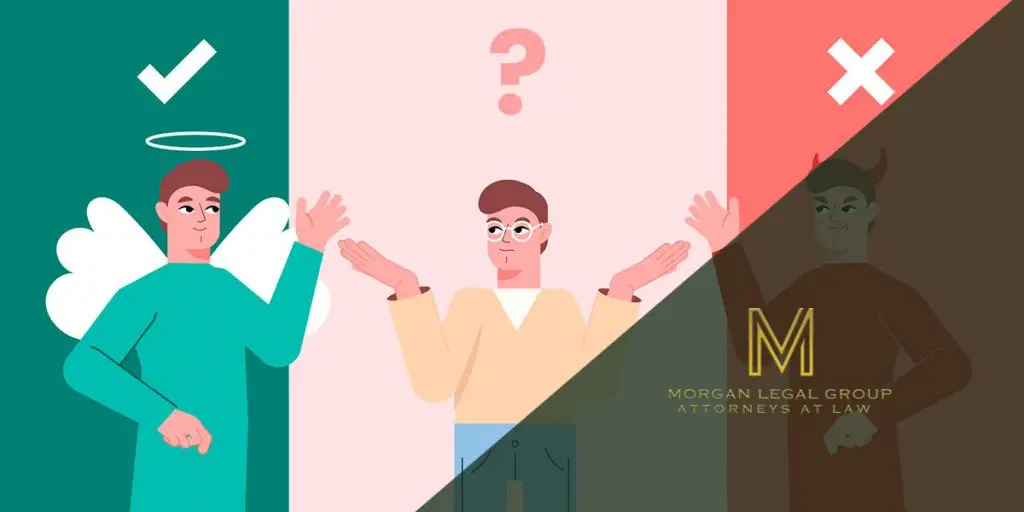Who Decides If Probate Is Needed?
Probate is a legal process that is often associated with the distribution of a deceased person’s estate. However, not all estates require probate, and the decision on whether probate is needed in New York depends on several factors and decision-makers. In this guide, we will explore the process of determining whether probate is necessary in New York.
1. Estate Size
One of the primary factors that influence the need for probate is the size of the deceased person’s estate. In New York, small estates with a total value below a certain threshold may not require probate. The specific threshold may change over time due to legal updates, so it’s essential to consult with a knowledgeable probate attorney for the most current information.
Small estates, typically referred to as “small estate affidavits,” can often bypass the probate process, saving time and money. However, the exact dollar amount that qualifies an estate as “small” can vary, and this threshold may be adjusted to account for inflation.
2. Estate Planning Tools
The use of estate planning tools can significantly impact whether probate is needed in New York. For instance, assets held in a revocable living trust are typically exempt from probate. A revocable living trust allows assets to be transferred to beneficiaries without court involvement, which can streamline the distribution process and minimize costs.
Other estate planning tools, such as naming beneficiaries on retirement accounts, life insurance policies, and payable-on-death (POD) or transfer-on-death (TOD) accounts, can also help bypass probate. These assets typically pass directly to the named beneficiaries, avoiding the need for court intervention.
3. Joint Ownership
Assets held in joint ownership with the right of survivorship are another factor that may negate the need for probate. When a person passes away, joint assets automatically transfer to the surviving joint owner without going through the probate process.
Common examples of assets held in joint ownership include joint bank accounts, real estate with rights of survivorship, and jointly held vehicles. It’s crucial to ensure that the joint ownership is correctly structured and documented to facilitate a smooth transfer of assets.
4. Will Requirements
When a deceased person has a valid last will and testament, the will typically specifies the appointed executor, who is responsible for managing the estate and guiding it through the probate process. However, the will must meet New York’s legal requirements to be considered valid.
If the will is invalid due to errors or inconsistencies, it may not fulfill its intended purpose, and the decision on whether probate is needed may change. In such cases, the court may need to determine the distribution of assets according to intestacy laws.
5. Creditor Claims
Creditor claims against the estate can influence the decision on whether probate is required. In New York, the executor or administrator of the estate is responsible for addressing valid creditor claims and ensuring they are paid from the estate’s assets. If the estate has significant outstanding debts that cannot be settled without court supervision, probate may be necessary.
Consequently, it’s vital to conduct a thorough examination of the deceased person’s financial obligations and liabilities to determine whether creditor claims will affect the estate’s distribution.
6. Court Decision
Ultimately, the decision on whether probate is needed in New York may rest with the court. If there is uncertainty or disputes among beneficiaries, potential creditors, or family members, the court may need to intervene to ensure a fair and lawful distribution of the estate.
It’s essential to work with an experienced probate attorney to navigate this complex process. A knowledgeable attorney can provide guidance on the legal requirements, assist in identifying estate planning tools, and represent your interests in court if necessary.
Conclusion
The need for probate in New York depends on various factors, including the size of the estate, the use of estate planning tools, joint ownership, the validity of the will, creditor claims, and potential disputes. To make an informed decision and navigate the probate process efficiently, it’s advisable to consult with a reputable probate attorney.
At Morgan Legal Group in New York City, we specialize in probate and estate planning and can provide expert guidance to help you understand the probate requirements and make the right decisions. Contact us today to ensure the smooth handling of your estate matters.









